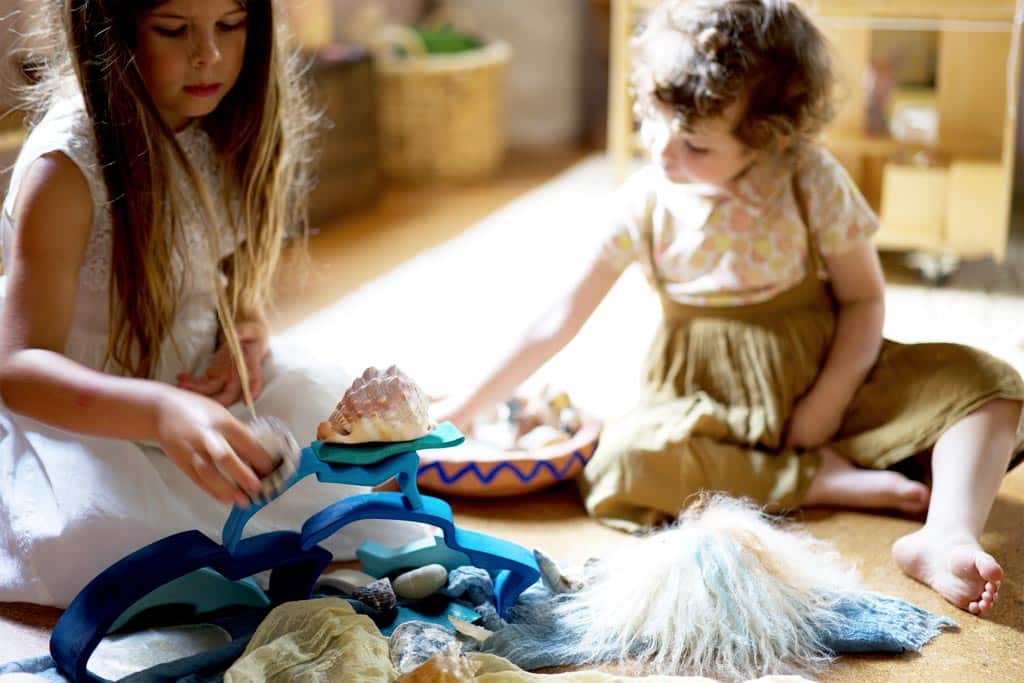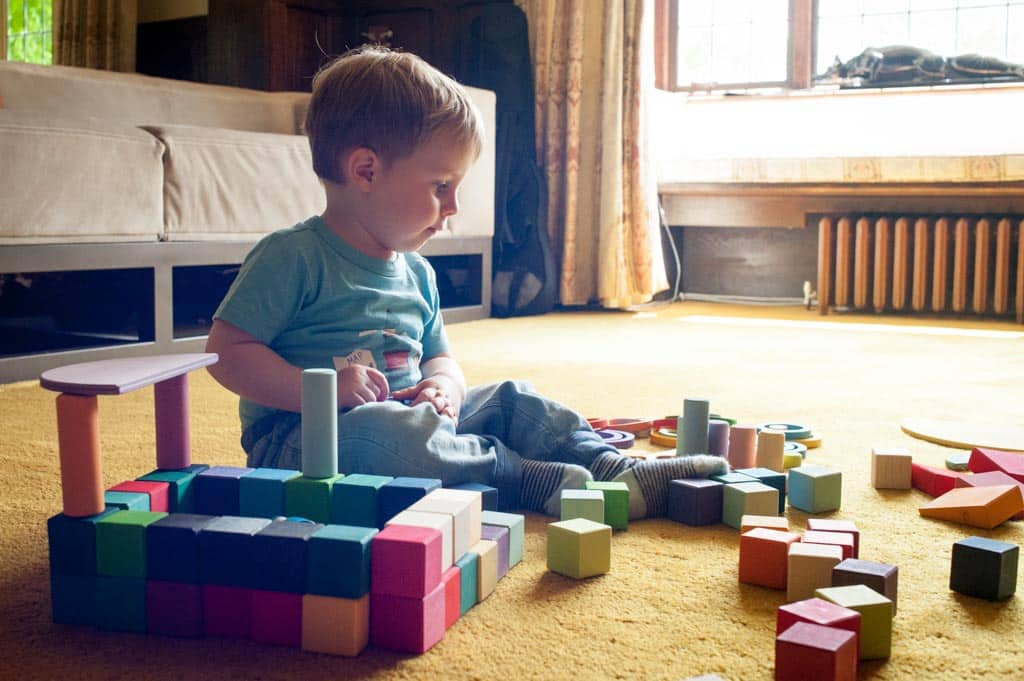Games with rules are the third of the four types of play outlined by Sara Smilansky, a developmental psychologist who studied how play develops in young children. The rest of the series is here:
What are games with rules?
When you think of games with rules, what comes to mind? Cricket? Snakes and Ladders? These games have codified rules: they are written down. There’s no room for argument (unless you’re one of my children, in which case the rules are apparently just guidelines…).
But what about playground games like tag and hopscotch? There’s no rulebook, but we all know how to play.
There’s another type of rules-based play – situational. In this kind of game the players agree the rules amongst themselves. They can be completely arbitrary so long as they are accepted by everyone. “You are the baby and I am the big sister. Let’s play ‘bedtime’. I wrap you up and you lie in the bed’. No, you’re not allowed to get your own blanket. I have to do it. Babies can’t walk”
Why are they important?
I grew up in the ’80s so my taste in music is questionable. There’s a song by Bruce Hornsby called ‘The Old Playground’ which has the line “Everybody knows how you play is who you are.”
This is the point of games with rules: they are a window into a child’s moral development. How we play games reveals our character.
Who makes the rules? Can we change them? What constitutes ‘bad’ behaviour? How do we punish rule-breakers? Some of life’s big questions arise when we play games. And our answers to them change as we grow. A younger child, whose view of the world is egocentric (i.e. focused on herself), will take a very different view of cheating than an older one: I want that marble because I like it (in other words, I don’t care if it’s not mine or that it’s not my turn).
The other benefit of games with rules is that they encourage higher order thinking. Knowledge is not enough – you have to apply it. With practice, you get better and you learn to strategise. You move away from egocentricity: if you want to win you have to put yourself in your opponent’s shoes and anticipate her next move.
How can I encourage games with rules?
If your home is anything like mine, it’s not always easy. Having children close in age means several players still in the egocentric stage of their development. They haven’t yet learnt to co-operate or realise that if they ‘cheat’ the other players will give up, ending the game.
That’s one of the reasons board games are hard to play with a three-year-old.
What has worked for us in the 100 Toys house is non-competitive games like those by Peaceable Kingdom. The players collaborate to win (I recommend Race to the Treasure) meaning there are no losers – an important consideration if you want your children to view the experience positively.
Ultimately, any game will do. What’s important is to introduce the idea of taking turns, playing fairly, being a magnanimous winner and a gracious loser.
You won’t get all of this from a preschooler. It’s a long road, but you’ll get there in the end.
Are you ready for school?
Do you have a preschooler? Would you like them to develop some key skills before starting school? How wonderful to go into school on that first day feeling like you belong.
Get Set Five is a year-long course full of fun and free activities to do with your child.




